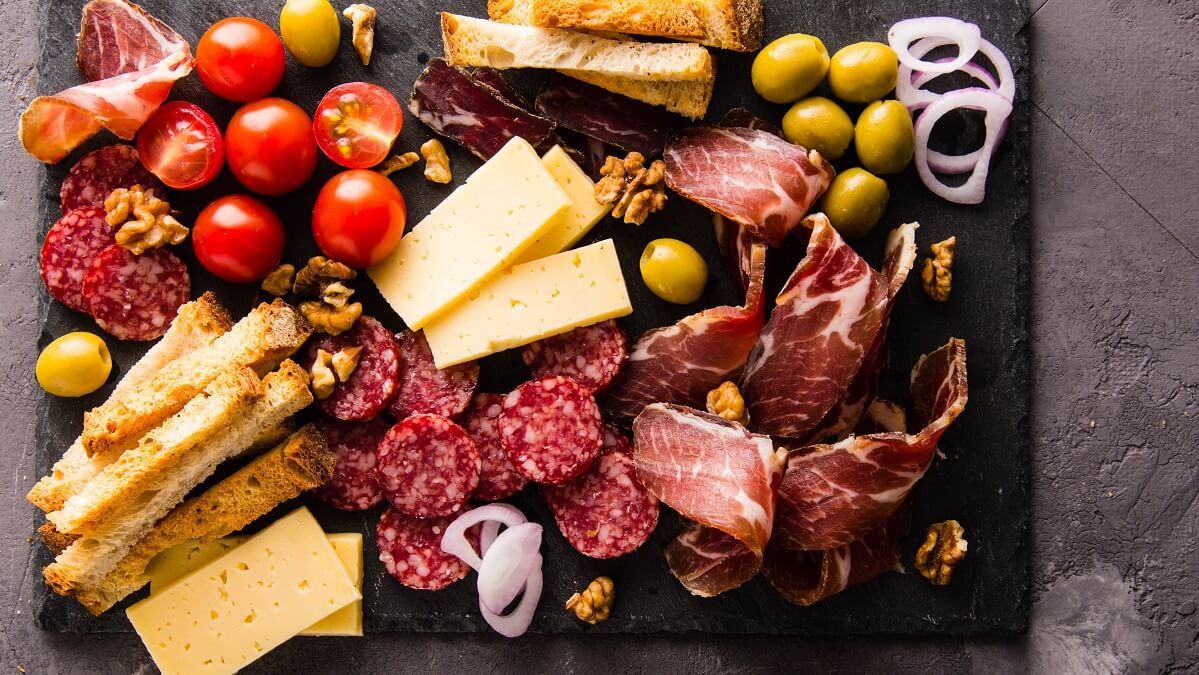Your nutritional needs change with different life stages and you may notice some foods become problem foods. To be fit and healthy, it is important to take into account the extra demands placed on your body as a result of these changes.
As well as shifting the balance to eating more fruit and vegetables and foods rich in fibre, this also means you will need to cut out or cut back on some foods. These are the foods you may need to avoid as you age.
Potatoes
According to Time magazine, potatoes are very high on the glycaemic index, which means they raise your blood sugar and insulin levels quickly. If you are going to eat potatoes, you can help your digestion by boiling them and leaving them overnight in the fridge.
Butter
Cutting back on butter can greatly lower your cholesterol and reduce your risk of heart disease. While moderation is the key with butter, choosing healthier alternatives such as olive oil in cooking is a much better option.
Deli meats
Deli meats are full of sodium and fat, which you need to cut down on as you age. The sodium in one small serving of deli meat such as ham and salami ranges from 310 to 480 milligrams. A diet high in sodium is thought to increase the risk of high blood pressure, which is a leading cause of heart disease and stroke. You can easily replace salami and ham in sandwiches with sliced roast chicken or roast beef.
Grapefruit
Some foods can affect medications and one of the biggest offenders is the humble grapefruit. If you take medication for high blood pressure, anxiety or insomnia, grapefruit may interact with the drugs. When your doctor prescribes medications, it is always worthwhile checking with him/her or a pharmacist if there are any foods you should avoid.
High-salt foods
If you are 51 or over the recommended sodium intake is 2300 milligrams per day, but if you are in a high-risk group, you should make sure to eat no more than 1500mg of sodium each day. Too much sodium can raise your blood pressure and put you at a higher risk of heart attack and stroke. Some of the foods to avoid include frozen food, snack food and salad dressing.
Raw sprouts
Clover, alfalfa, radish, and mung bean sprouts are high in B vitamins and other nutrients, but raw sprouts can also pose a health threat to older Australians because they are grown in warm, humid conditions. This makes them more likely to harbour bacteria than other fresh produce. To enjoy sprouts safely, cook them thoroughly before eating.
Have you noticed there are certain foods that no longer agree with you as you’ve aged? Why not share your observations in the comments section below?
Disclaimer: This article contains general information about health issues and is not advice. For health advice, consult your medical practitioner.
Also read: How much do dental implants cost (and hurt)?

